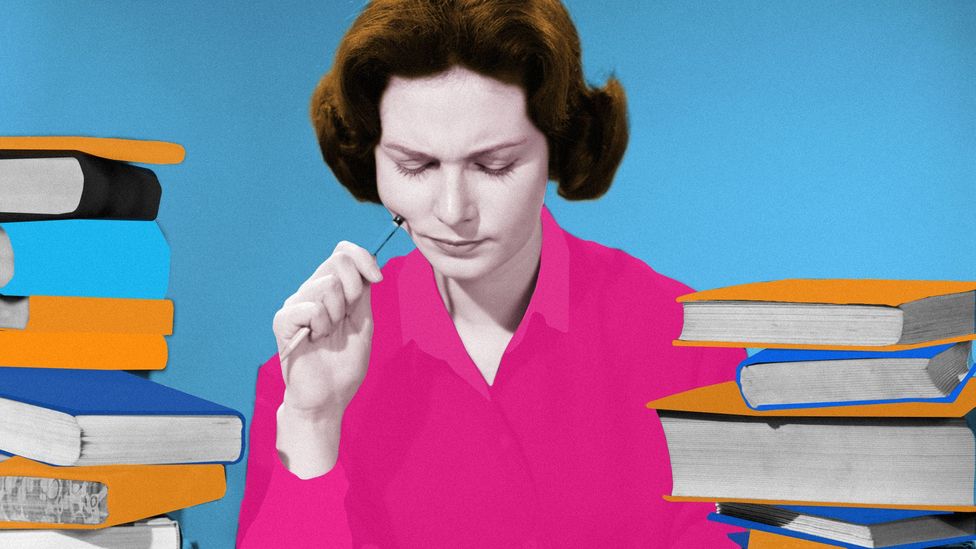T
There are many skeletons in our literary closets. Novels like Leo Tolstoy’s War and Peace or Herman Melville’s Moby-Dick often put people off because of their length, and may linger on our reading lists for years, or decades. Others, like Marcel Proust’s In Search of Lost Time or James Joyce’s Ulysses, have become a byword for daunting, modernist, experimental writing that is unintelligible without resorting to scholarly notes – pushing the novel form to its limit. Especially these days, who is going to question your desire to sit and binge on crime thrillers, if that’s what you want? And yet, what if we treat the current crisis as an opportunity to put aside our aversion to ‘the challenging read’? Is now the time for us to pay some attention to other things, including attention itself?
More like this:
– The best books of the year so far
– A 13th-Century poet’s lessons for today
– Short stories for every taste and mood
In her 2014 book Dept. of Speculation, Jenny Offill recounts an anecdote: “The Zen master Ikkyu was once asked to write a distillation of the highest wisdom. He wrote only one word: Attention. The visitor was displeased. ‘Is that all?’ So Ikkyu obliged him. Two words now: Attention. Attention.” Offill writes magnificent, terse, oracular books which enact the idea that worlds can be opened up by paying close heed to things. I propose that we consider the possibility of recalibrating our minds and focusing on demanding writers. Two key thinkers on this subject are Jenny Odell – whose revolutionary book How To Do Nothing encourages us to wake up to, and resist, all the petty 21st-Century demands on our attention – and Zadie Smith, who is a wonderful novelist, but also a patient and intelligent critic (she has even managed to write a collection of essays during lockdown, due to be published on 28 July). Odell encourages us to make space in which to think. Smith encourages us to use it.





